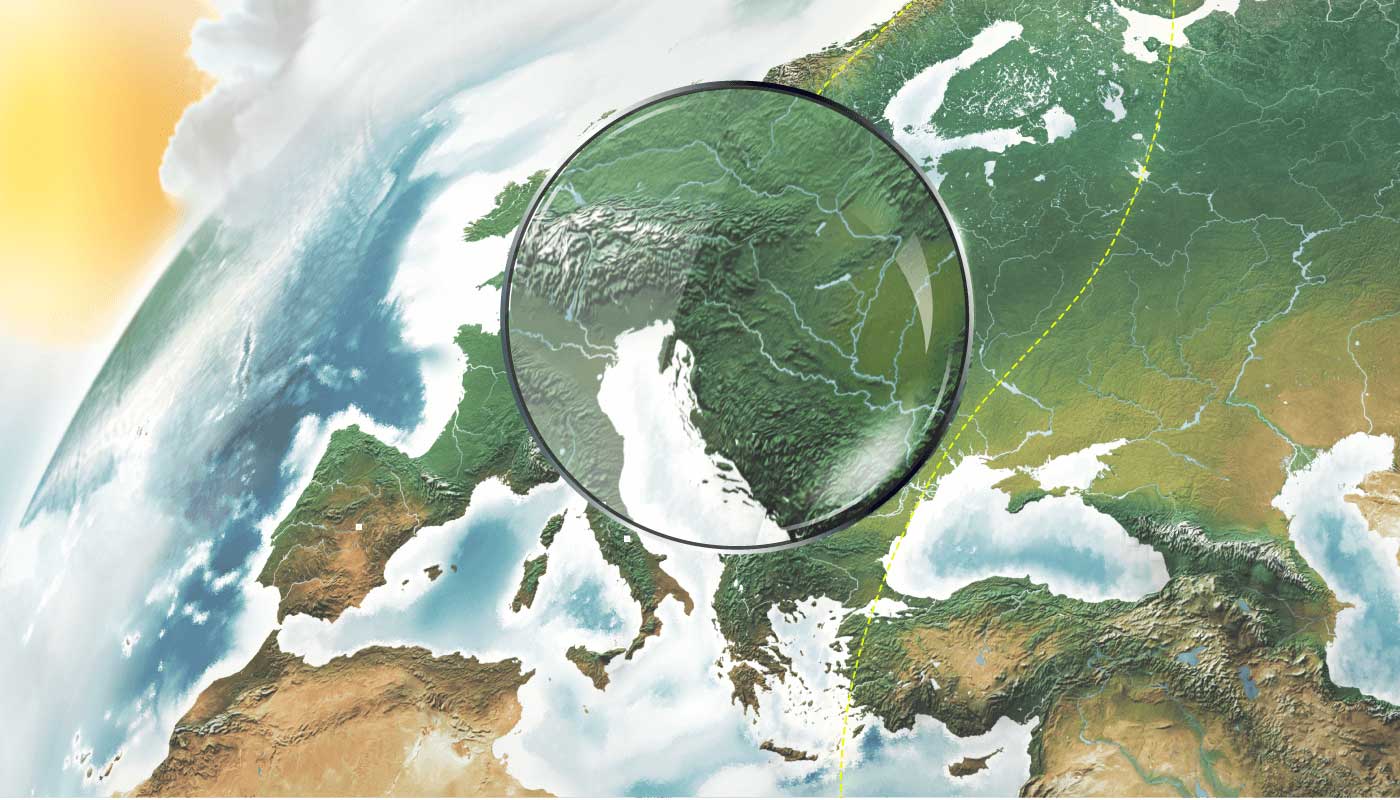
EP Validation through Dennemeyer & Associates’ lens
The European patent system provides a practical and cost-effective route to obtain protection for your invention in up to 44 states in Europe, Africa and Asia. However, once granted, European patents (EPs) must be validated in each state where protection is sought. This means that the rules on validation and translation for each state must be properly understood.
As these rules can be complicated, it is crucial to seek advice to prevent your valuable Intellectual Property (IP) from falling between the cracks. This guide provides an overview of some of the critical issues that arise and how you can better manage the EP validation process to avoid the inadvertent loss of rights.
For more information about how our European Patent Validation service can help you succeed in the prosecution and grant stages...
Designated, extension and validation states
Once an EP is granted at the European Patent Office (EPO), the three-month validation term begins in all 44 jurisdictions that have ratified the European Patent Convention (EPC), regardless of whether they are designated, extension or validation states.
A state's classification under the EPC is determined by when the Convention entered into force in that country. At present, the designated states represent the significant majority, comprising 38 of the 44 states. Those countries that became a party to the EPC after 2010 can be separated into extension states (Bosnia and Herzegovina – December 1, 2004, and Montenegro – March 1, 2010) and validation states (Tunisia – December 1, 2017, Cambodia – March 1, 2018, Morocco – March 1, 2015, and Moldova – November 1, 2015).

After the European patent is granted, the national validation will start in the jurisdictions identified as priorities for clients. Failure to do so could result in losing the protection in the respective country.
Two cumulative conditions must be met to satisfy the patent validation formalities in the extension and validation states. The first is that the patentee must request it, and the second is that a designation fee must be paid within six months from the publication of the European search report. When both requirements are met, and after the EP has been granted at the EPO level, these states become jurisdictions where the patent can be validated. If the patent owner is interested in one of these countries, they can file the necessary translations and other requested documents and pay the official fees.
Translation regime
The translation regime for EPs is provided under Article 1(1) of the London Agreement. A contracting state to the Agreement, which has an official language in common with one of the official languages of the EPO (English, French and German), will dispense with the translation requirements under Article 65(1) EPC. These states are Belgium, France, Germany, Ireland, Luxembourg, Monaco, Switzerland, Lichtenstein and the United Kingdom.
Under Article 1(2) of the London Agreement, a contracting state to the Agreement that does not have an official language in common with one of the official languages of the EPO will dispense with the translation requirements if the EP has been granted in the official language of the EPO prescribed by that state, or translated into that language and supplied under the conditions below:
- Claims only to be translated: Bosnia and Herzegovina, Latvia, Lithuania, North Macedonia, Morocco, Montenegro, Slovenia.
- Claims only if the specification is in English: Albania, Croatia, Denmark, Finland, Hungary, Iceland, Cambodia, the Netherlands, Norway, Sweden, Tunisia (an English specification must be filed, along with the translated claims).
- Full text: Austria, Bulgaria, Greece, Cyprus, Czech Republic, Estonia, Italy, Moldova, Malta, Poland, Portugal, Romania, San Marino, Serbia, Slovakia, Spain, Tunisia, Turkey.
For example, suppose an applicant for an EP with a specification in English seeks protection in Germany, Austria, Bosnia and Herzegovina, Croatia and Greece. In that case, they must provide the following: a translation of the claims into Bosnian (for Bosnia and Herzegovina) and Croatian (for Croatia) and a full-text translation into German (for Austria) and Greek (for Greece).
Supplementary requirements
Under Article 2(2) EPC, an EP shall, in each of the contracting states for which it is granted, have the effect of and be subject to the same conditions as a national patent granted by that state, unless otherwise provided in the EPC. For example, some jurisdictions require that filed translations are to be accompanied by a power of attorney in the name of the applicant of the subject EP. The empowerments must be filed using original or scanned versions depending on the national regulations in force.

Dennemeyer will make sure that they will apply all the national regulations when filing your validation request within the three-month validation term.
How Dennemeyer can help
As seen, while the EP framework affords an inventor the opportunity for widespread protection, obtaining that status can be dauntingly complex. Companies can transfer all this administrative burden to the EP Validation department of Dennemeyer & Associates and benefit from our premium-quality service, controlled costs, flexibility and high volume capacity – all at once. We manage EP validations as a law firm, meaning you receive the assistance of experienced IP professionals and patent attorneys.
One of our goals is to enable our clients to spend more time on their core competencies and less on IP administrative tasks. Our EP Validation department works seamlessly with downstream teams in Patent Renewals to ensure continuity in case management. We aim to minimize the work and input required from our clients by optimizing our internal workflows. This means our teams are in constant communication with each other to handle EPs smoothly at every stage of their life cycle.
To streamline this long-term management for our clients even more, we offer our EPV app through the Dennemeyer IP Lounge. You can use this secure channel to obtain quotations and place validation orders quickly and reliably.
Avoid EP pitfalls
Patent rights are key assets for businesses in many fields, and the EP system is a prevalent route for those seeking protection across an area that now encompasses almost 700 million people. Given the investment that goes into R&D and drafting effective patent applications, you do not want a technicality to stand between you and proper patent protection.
Working with Dennemeyer relieves the administrative headaches and ensures you are always kept fully informed and never miss an important deadline. By engaging a tried and tested IP full-service provider, you can entrust your EP applications, validations and renewals to the safest of hands, all while keeping down costs and maintaining accountability.
Filed in

Take an in-depth look at medical devices and how IP will foster, inform and protect more innovative healthcare experiences.



